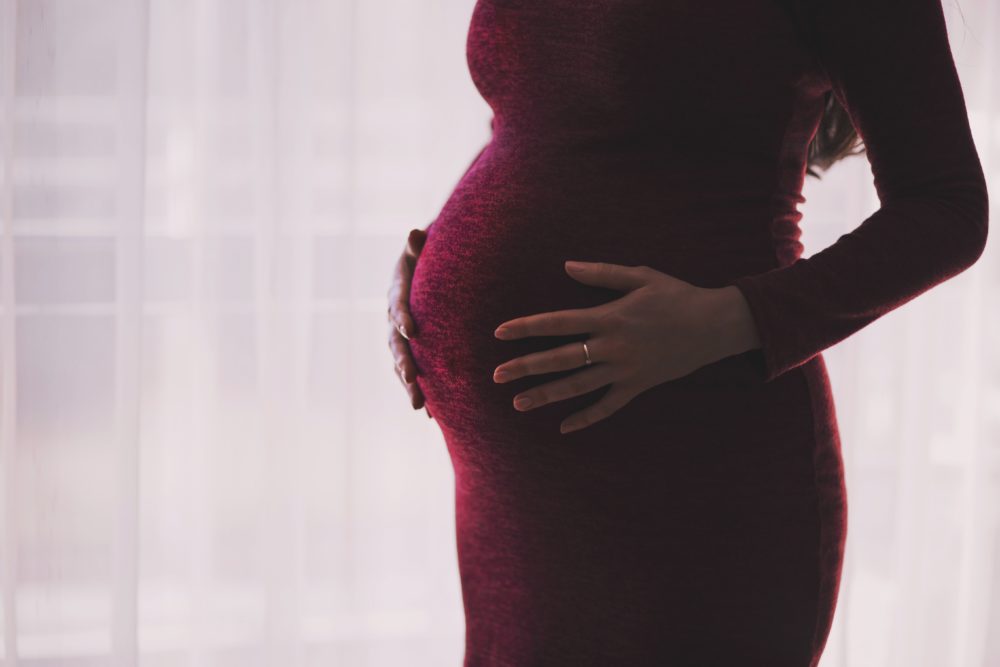Just in time for Mothers Day, the Commission on Human Rights released guidance to clarify the scope of the New York City’s prohibition on pregnancy discrimination in employment, in housing, and in public accommodations. While employers, landlords, and others can surely benefit from a reminder that pregnancy is an impermissible basis for differential treatment, the big news in the guidance involves job modifications for workers based on pregnancy, childbirth or a related medical condition.
At A Better Balance, we routinely hear from women who are told they have to produce a doctor’s note just to stay employed, and others who can’t even get a stool to sit on while working an eight-hour shift. Still others experience retaliation just for requesting time off to attend prenatal medical appointments. These women want to keep working and earning a paycheck, and need help advocating for themselves.
The Commission’s guidance provides that help, offering clear standards and detailed examples that flesh out the meaning of the NYC Pregnant Workers Fairness Act, and give pregnant workers the ammunition they need to defend themselves in the face of ignorance and discrimination. Below are just some of the highlights:
- When a pregnant employee seeks an adjustment at work, her employer must engage her in a cooperative dialogue about her needs to assess how they can work together to find a workable solution. Failure to engage in this process can amount to an illegal failure to accommodate the worker under the law.
- If a woman needs periodic rest, a larger uniform to accommodate her growing belly, or more frequent breaks to drink water or use the restroom, she does not need to get a note from her doctor verifying those needs. An employer may require medical documentation to prove the need for an employee to be away from work for medical appointments, extended leave, or to work from home.
- As long as it does not pose an undue hardship on her employer, an employee can take leave to recover from childbirth as a reasonable accommodation under the law. She does not need a medical note to substantiate her need for up to six weeks of leave, if she delivered vaginally, or eight weeks if she had a C-section. After the leave, her employer must give her back her job, or one that is equivalent in pay, with comparable benefits.
- An employer cannot retaliate against an employee for requesting a reasonable accommodation based on her pregnancy, childbirth or related medical condition.
- Workers who are not yet or no longer pregnant, but have needs related to childbirth or related medical conditions, are still covered by the law. That means that women undergoing fertility treatments, breastfeeding moms, and workers who are recovering from miscarriage, among others, are entitled to reasonable accommodations as needed on the job.
We are thrilled that the Commission on Human Rights has prioritized enforcement of the New York City Pregnant Workers Fairness Act, and provided guidance to help employers understand their obligations under the law. The guidance will also help to ensure that pregnant women, not their employers, are the ones deciding what is best for their health and when they need to scale back at work.








